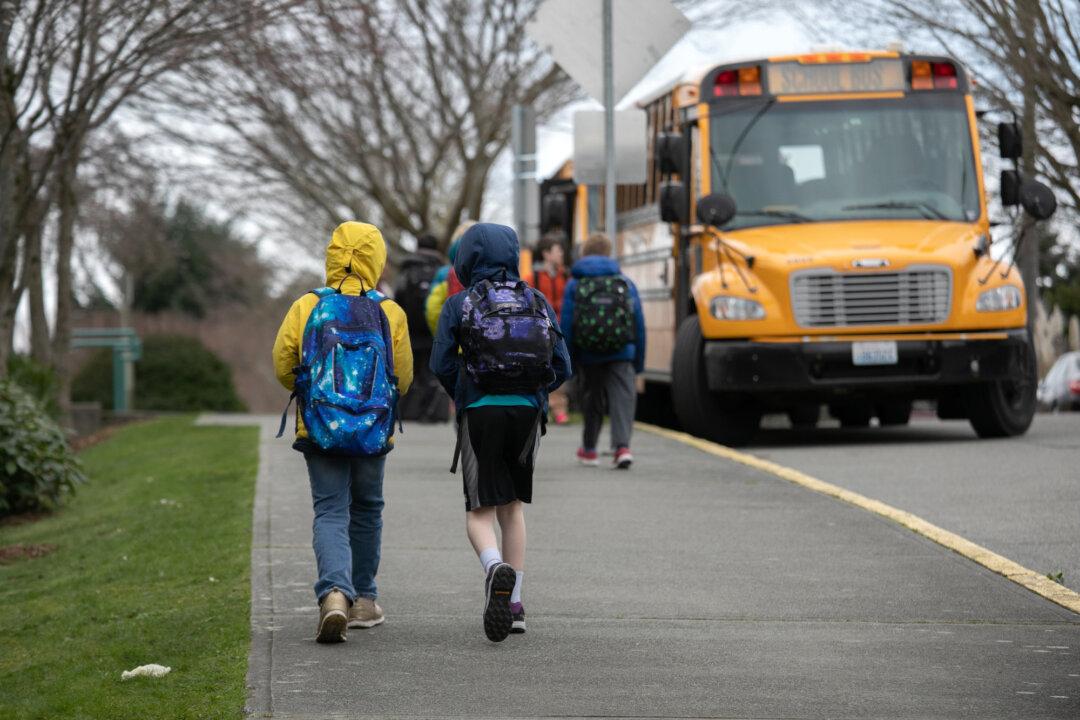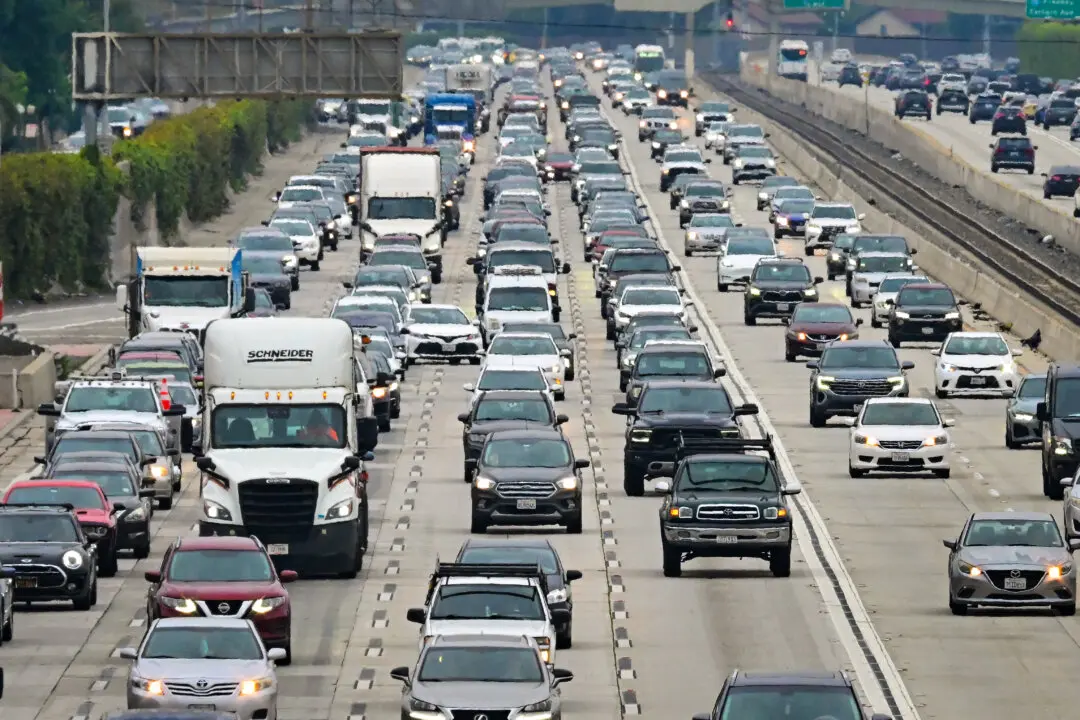With more K-12 schools expected to close in the upcoming weeks, the U.S. Department of Education says it is considering providing states with one-year waivers on standardized testing and other accountability measures required by the federal law.
Under the Elementary and Secondary Education Act (ESEA), which was reauthorized as the Every Student Succeeds Act (ESSA) in 2015, schools are required to administer standardized tests in math and English language arts each year, and also have to make sure at least 95 percent of their student population take those tests. An Education Department-issued waiver is needed if a school has to drop the tests in a time of public emergency.





